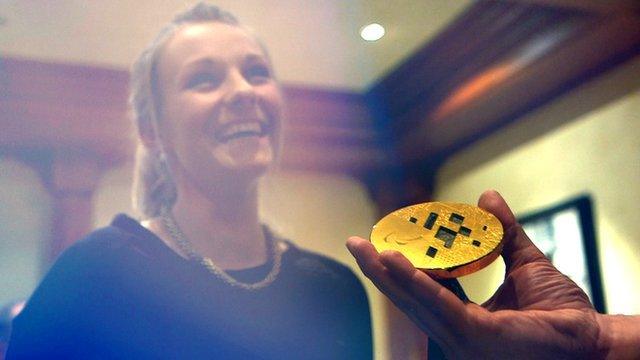UK Sport to double investment in winter sports up to 2018
- Published
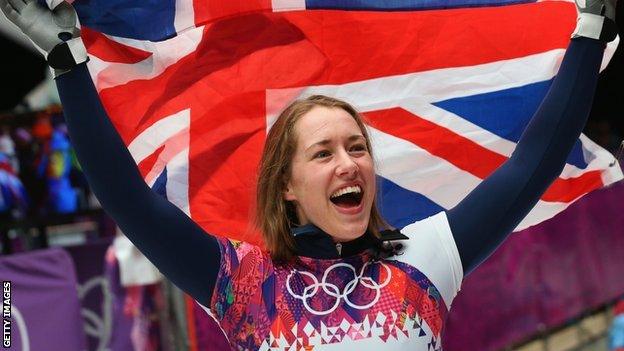
Lizzy Yarnold became Great Britain's newest Winter Olympic champion by winning skeleton gold at Sochi
Great Britain's success at the 2014 Winter Olympics and Paralympics has led UK Sport to double its funding for winter sports over the next four years.
UK Sport will invest up to £31m in eight sports after Team GB won 10 Olympic and Paralympic medals in Sochi.
It is a rise from the £14.2m invested in the run-up to the 2014 Games.
"The record £31m investment announced reflects the belief we have in the potential of our winter sports," said UK Sport chief executive Liz Nicholl.
Britain's Sochi Olympic team surpassed the three-medal target set for them by UK Sport.
Lizzy Yarnold's skeleton gold, silver for the men's curlers, plus bronzes for the women's curlers and Jenny Jones in snowboard slopestyle equalled the record of four medals Britain won at the inaugural Winter Olympics in Chamonix in 1924.
In the Paralympics, Great Britain enjoyed their most successful Games since Innsbruck in 1984 with six medals - one gold, three silvers and two bronzes.
"Our Winter Olympic and Paralympic athletes performed exceptionally in Sochi," added Nicholl.
"Inspired by our summer teams' performances at London 2012, our winter athletes followed suit; proving that our UK system is working and we can create a nation of winners."
Sport | 2010-2014 funding | 2014-2018 funding |
|---|---|---|
Bobsleigh | £3,304,250 | £4,494,400 |
Curling | £2,055,100 | £5,389,450 |
Figure skating | £174,338 | £1,699,940 |
Short-track speed skating | £2,953,400 | £4,350,600 |
Skeleton | £3,447,600 | £6,549,617 |
Ski and snowboard | £1,509,950 | £4,890,326 |
Para Alpine skiing | £405,400 | £2,749,000 |
Wheelchair curling | £350,200 | £1,167,300 |
Total | £14,200,238 | £31,290,633 |
Yarnold told BBC Sport the announcement was "absolutely massive" and "so important for our athletes".
She added: "I could not have done this without UK Sport money. If people don't play the lottery, I don't get to go to the Olympics."
Yarnold's gold medal has led to a £3.1m increase in skeleton funding in the run-up to the Pyeongchang Games in 2018, while the two curling medals have prompted a funding rise of £3.3m.
More than £3.3m will also go towards ski and snowboard sports after Jones delivered GB's first medal on snow in Sochi.
Team GB's short-track speed skaters failed to deliver on their promise, with Elise Christie's three disqualifications a notable setback, but the sport has nevertheless been awarded funding of £4.3m, up from £2.9m.
GB short-track performance director Stuart Horsepool told BBC Sport he was "highly delighted".
He added: "We didn't win the Olympic medal and that is something we have to address."
British Curling chief operating officer Bruce Crawford said: "It is pleasing to see the confidence that UK Sport has shown in the system we have in place.
"There is a significant amount of work ahead of us to ensure that we create the world-class programme that is capable of delivering further great results."
British Ski and Snowboard chief executive Dave Edwards said: "I'm very very pleased indeed, it's great news. It's good news for all British winter sport."
Alpine skiing again missed out on funding.
Former British Alpine skiier Chemmy Alcott wrote on Twitter, external: "Great news for slope style today. Gutted again that achievements in alpine have not been recognised and so have received NOTHING."
Edwards said: "We want to see all our sports grow but at the moment we only have athletes in park and pipe who have podium potential."
He added other disciplines could yet benefit from the funding.
- Published23 February 2014
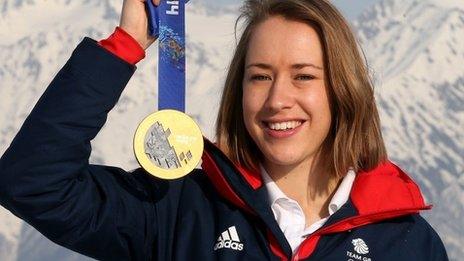
- Published14 February 2014
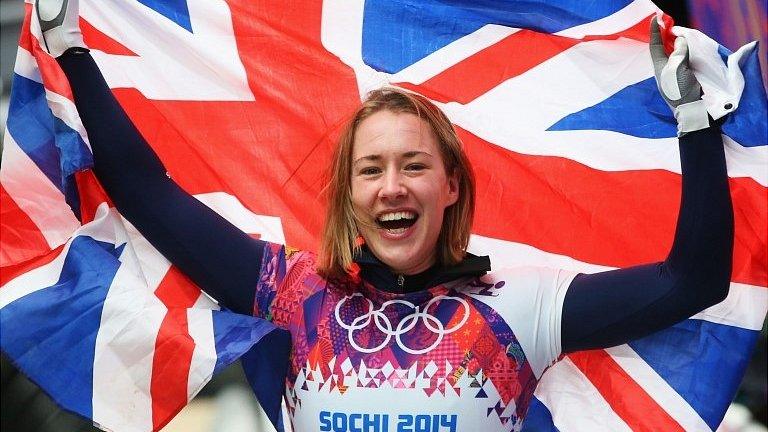
- Published16 March 2014
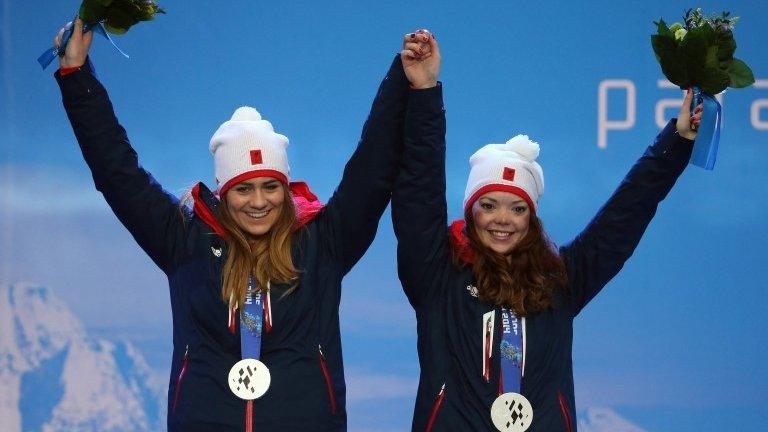
- Published16 March 2014
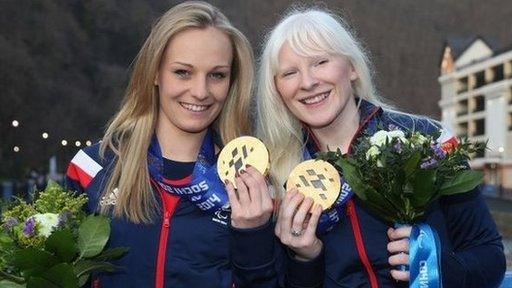
- Published5 April 2014
